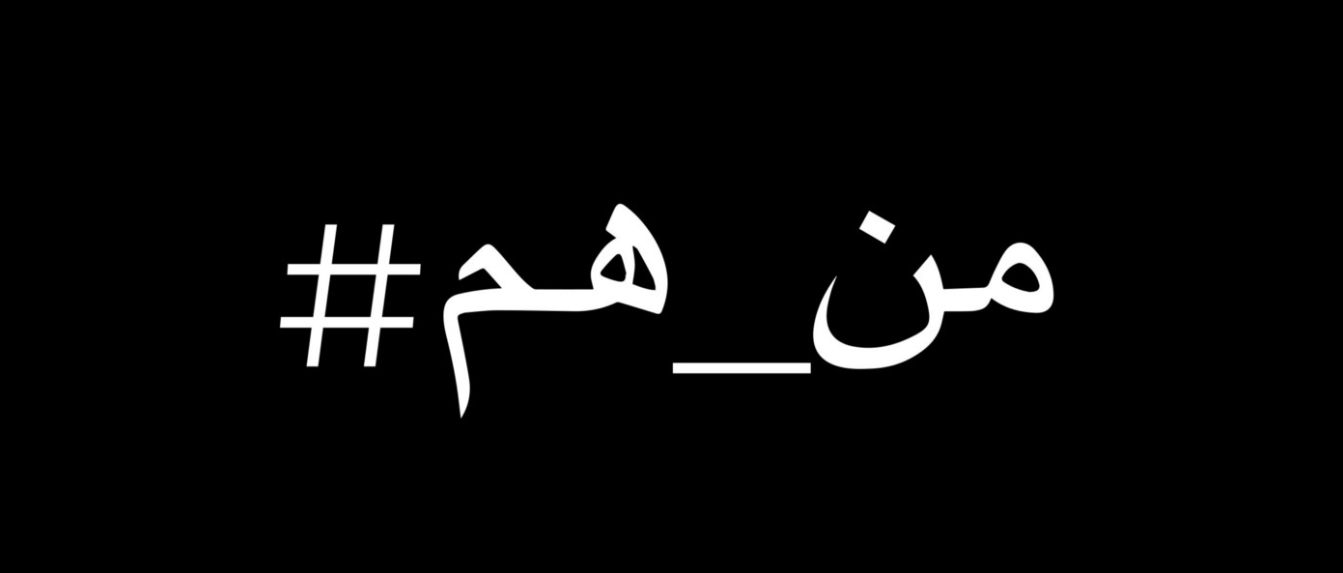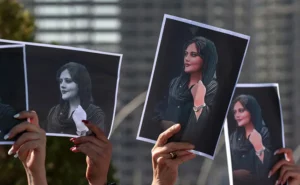Today marks the 100th anniversary of Women’s Equality Day in the United States, which recognizes the monumental victory of women’s suffrage. On August 26th, 1920, then Secretary of State, Bainbridge Colby, signed a proclamation that certified the 19th amendment to the U.S. constitution, which finally gave women the right to vote. Though its origins are rooted in the drive for women’s suffrage in the U.S., the date has become symbolic for the broader movement of women’s rights and gender equality worldwide. As Iran has seen a recent boost in women coming forward to share their #MeToo stories, it is only appropriate to recognize the continued struggle of Iranian women for both legal and social equality on such a day.
Though Iranian women have added their voices to the #MeToo movement in recent years, there has been an extraordinary outpouring of Iranian women using social media platforms to tell their stories of sexual harassment, abuse, and even rape in recent days. Like the steady deluge of #MeToo stories we have seen explode worldwide, in Iran many women were emboldened to share their stories because of the courage of others who blazed the trail.
Similar to the case of the U.S., in which women first came forward to share stories of abuse at the hands of prominent figures, such as Harvey Weinstein, in Iran many of the stories shared are about prominent artists and figures with multiple allegations of sexual misconduct and abuse. In some cases, the women named their abusers, but in others they alluded to their positions of power. For instance, photographer Reihaneh Taravati revealed that she had been harassed by a famed Iranian photographer, and others described being raped at the hands of a well-known Iranian human rights activist based in the United States.
Unlike the U.S., women in Iran face additional challenges in pursuing justice due to an unequal legal system that codifies gender inequality. Reports indicate that several Iranian lawyers have offered help in navigating this discriminatory system and that Iranian authorities have arrested at least one man after numerous allegations of rape. Sexual abuse of women goes to the very heart of gender inequality, where women are reduced to objects for men’s sexual desires. It is inspiring to see these brave women take a stand, unified in calls for justice. However, much more must be done to ensure that women in Iran no longer suffer such abuses. Iranian authorities must fundamentally change an entire system that subjugates women, and the society at large must reflect on their own culpability in perpetuating such a system of inequality.
Back to top

